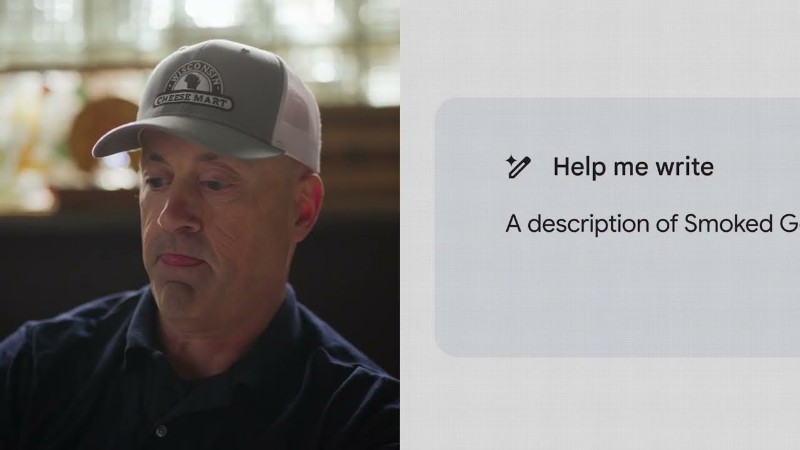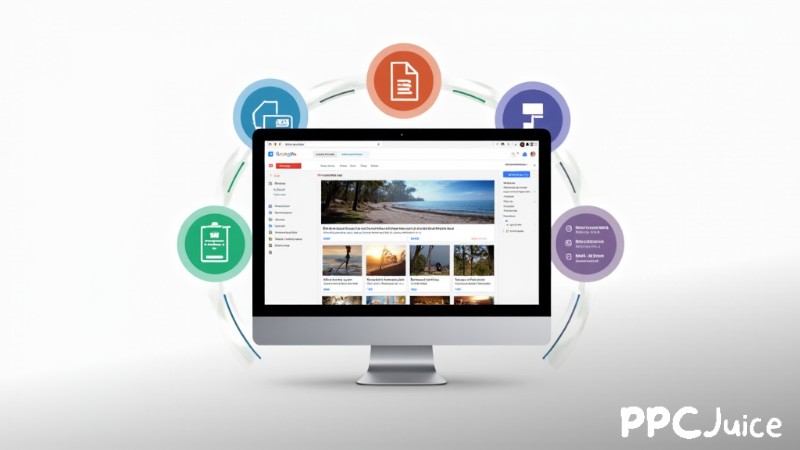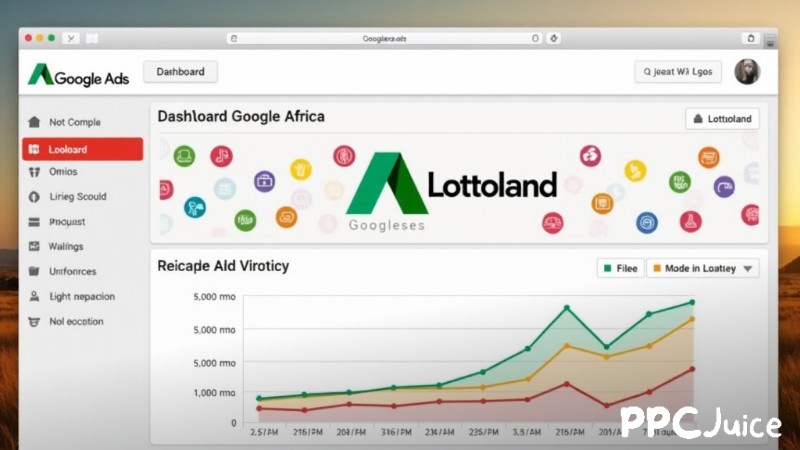
Google recently revised its Super Bowl ad after an incorrect claim about Gouda cheese consumption drew widespread criticism. The ad, featuring Wisconsin Cheese Mart, initially stated that Gouda accounted for 50 to 60 per cent of global cheese consumption.
Once the advert aired, social media users and cheese industry experts quickly pointed out the inaccuracy. The backlash led Google to remove the statistic, raising concerns about the accuracy of automated content in advertising. This situation also sheds light on emerging trends in PPC in 2025, as businesses increasingly rely on automation whilst facing challenges in ensuring factual correctness.
With Google integrating AI-powered features into its advertising tools, brands must balance efficiency with accuracy. The future of PPC automation depends on refining content generation processes while maintaining credibility.
Key Takeaways
Google revised its Super Bowl ad after an incorrect claim about Gouda cheese consumption sparked widespread criticism.
- Google removed the inaccurate statistic from their ad following public backlash.
- This incident highlights the need for stronger fact-checking processes in AI-generated content.
- Businesses must balance the efficiency of automation with maintaining accuracy and credibility.
Google and Wisconsin Cheese Mart respond
After the mistake gained attention, Google acted swiftly to edit the advert and remove the claim. Ken McNulty, owner of Wisconsin Cheese Mart, explained that he had initially found the statistic in an online source. However, once he realised it was inaccurate, he asked Google to revise the advert.
McNulty still believes that AI-powered tools, such as those used in Google Ads AI strategies, can be beneficial for businesses. They help with tasks like writing product descriptions and crafting marketing content. However, he stressed the importance of reviewing any generated information before using it in public campaigns.
This incident fuels ongoing discussions about how AI impacts Google Adverts and whether automated tools should include stricter fact-checking features. Whilst these systems can speed up content creation, they still require human oversight to prevent errors that could damage brand credibility.
In Google's Wisconsin local Super Bowl ad, an AI hallucination is shown on screen:
It says *Gouda* accounts for "50 to 60 percent of the world's cheese consumption."
Gemini provides no source, but that is just unequivocally false
Cheddar & mozzarella would like a word… pic.twitter.com/UwIBHAO4x6
— Nate Hake (@natejhake) January 31, 2025
The increasing role of automation in marketing
Despite this misstep, many businesses continue to invest in automation for their advertising efforts. Technology is now central to content creation, from social media posts to product descriptions and email campaigns.
According to research from Statista, 31% of marketing professionals use AI for social media content, 28% for email communication, and 25%for product descriptions. As businesses embrace AI-powered Google Ads tools, they must also ensure accuracy in the materials they produce.
Google has been actively promoting its AI-driven advertising solutions, positioning them as valuable assets for small businesses. Larger brands like Coca-Cola are also experimenting with cross-channel PPC innovations, using automation to personalise customer experiences.
As Google Ads privacy updates and automation continue to reshape digital marketing, advertisers must strike a balance between leveraging new tools and maintaining content accuracy.
Better oversight in automated advertising
The Gouda cheese controversy serves as a reminder that businesses should not rely entirely on automation for marketing. While these tools offer efficiency, they do not always guarantee accuracy.
Google’s decision to correct the mistake reflects broader concerns about Google Ads bidding trends and how automation can sometimes generate misleading claims. Moving forward, businesses must integrate stronger fact-checking processes to avoid similar errors.
Advertising success depends on accuracy and trust. Companies that rely on automation must take responsibility for reviewing information before publishing it. This helps maintain credibility while ensuring that marketing campaigns deliver reliable messaging.
Hey Nate – not a hallucination, Gemini is grounded in the Web – and users can always check the results and references. In this case, multiple sites across the web include the 50-60% stat. Gouda news: many love this cheese! Bada news: not everyone thinks it's as grate. 🧀
— Jerry Dischler (@jdischler) February 1, 2025
The risks of misinformation in advertising
Marketing campaigns depend on trust. Consumers expect brands to provide accurate information, and a single mistake—especially one that spreads widely—can harm a company’s reputation. The backlash against the Gouda cheese claim shows how even a minor error can escalate into a larger issue.
Misinformation in advertising can stem from various sources, whether incorrect data from unreliable sources or content being generated too quickly without thorough review. The controversy surrounding the Super Bowl ad highlights why companies must verify information before including it in their campaigns.
In this case, the incorrect Gouda cheese statistic did not cause lasting damage, but it sparked concerns about how businesses vet their marketing materials. It also raised questions about evolving ad formats in PPC, particularly as automation plays a greater role in content creation.
For companies like Google, the lesson is clear—speed and efficiency should not come at the expense of accuracy. As more businesses embrace top PPC trends for advertisers, they must also implement stronger fact-checking measures to avoid spreading misinformation and maintain consumer trust.

